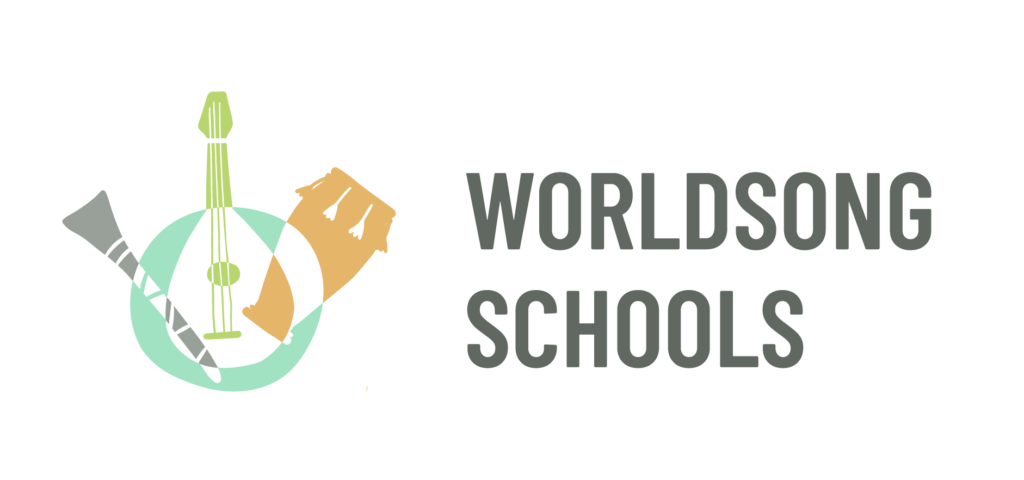Music is powerful when it comes to emotions. From provoking emotion to expressing emotion, music is amazing. When we’re happy, we may want to sing at the top of our lungs. When we’re sad, we may want to hear music that soothes us.
Children are no different when it comes to music. Music also has an impact on them as it can provoke emotion and help them to express it. At our world song schools center in Huron Village and throughout our various franchises, we strive to help children create a bond with music they are hearing and playing. It is our goal that it will help them express their emotions and teach them about emotional skills.
Let’s take a look at these topics as we let the music play!
How Music Can Help Children Express Emotions

When children hear music they don’t just hear sound and rhythm, they can hear what certain emotions sound like. As children interact with different music, it can help them get in touch with what they are feeling at the time. If they are playing music, it can be a way for them to express their emotions in whatever tune they choose. Happy feelings will emote bright and cheerful tunes while sadness will bring music that is more low-key. By recognizing emotions through music, children can further develop their emotional intelligence.
Music can help children lose themselves in the moment and take a break from any anxieties. They can enjoy the sounds they are both hearing and making. Music is also a tool of creative self-expression which can help children feel better about themselves. These self-esteem boosts can help them better deal with their emotions because they have positive thoughts.
Music also teaches social skills. Children can develop a sense of empathy as well which helps them interact with others. Being able to tune into other people’s emotions is a vital skill to have.
Music can serve as an outlet for emotions if children have trouble expressing themselves in words. By singing or playing instruments, they can let out whatever they are feeling. Children can unleash their creativity and be inspired and uplifted through music. It can relax even the youngest of music lovers. The effects of music are endless and have no age requirements.
How Music Can Teach Emotional Skills

Research shows that music can help teach emotional skills. One study found that engaging children aged 4 and 5 in a music program can increase their comprehension of emotions. An increase in social interaction in younger students was also reported.
Music can help children manage their emotions. It can not only serve as an outlet as we mentioned above but also teach kids what emotion is expressed through a certain kind of music. The lyrics to music can serve as a teaching tool to help children understand the emotions that are related to certain situations.
It’s also vital to look at musical games and their impact on emotions. They can learn about fear and safety in the simplest of lyrics. Even the old favorite, “It’s raining, it’s pouring, the old man is snoring. Went to bed, bumped his head, didn’t get up in the morning” can be a teaching tool when it comes to emotions.
Bring Music Into Your Home
While we’re also using music in our lessons at world song schools in Huron Village and throughout our centers, it’s important to also have music in the home. We love when parents play music at home. This helps them work through their emotions so you can see how they react. They can take the lessons they learn at our centers and incorporate them into what you do at home. It takes a village to raise a child and if that village can be a musical one, all the better!
We want to know, do you use music in your home to help your children deal with their emotions? Share your stories in the comments below.
